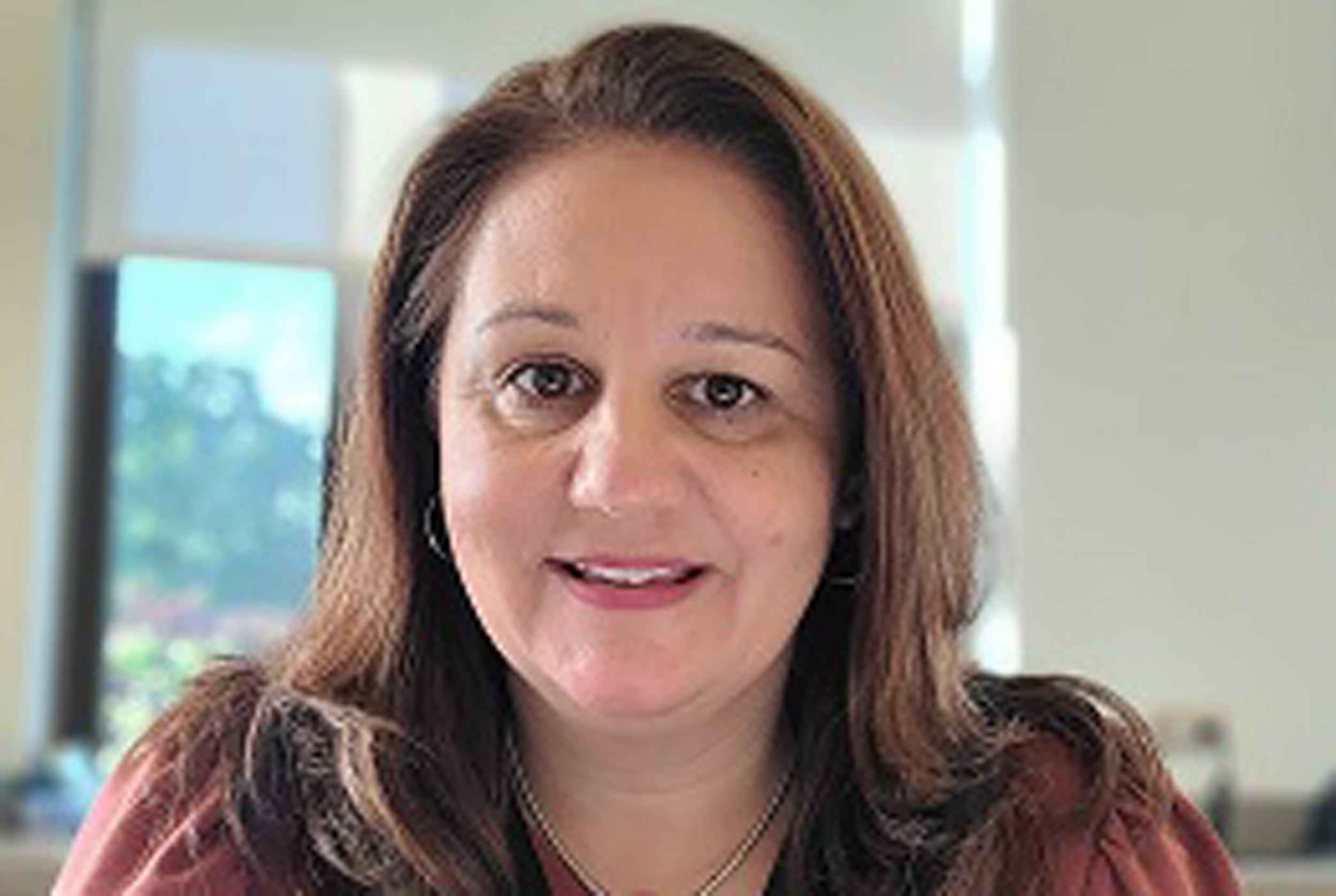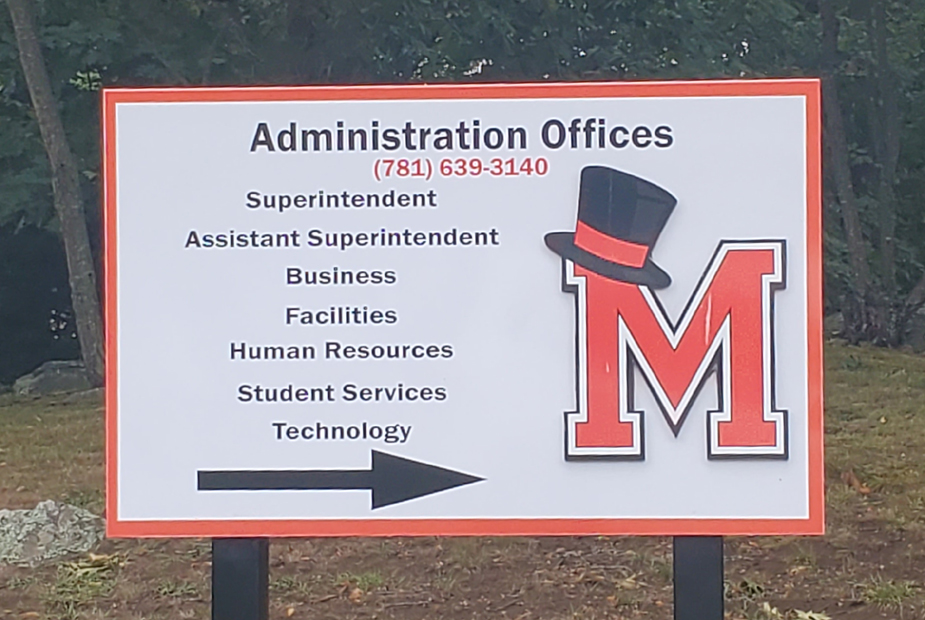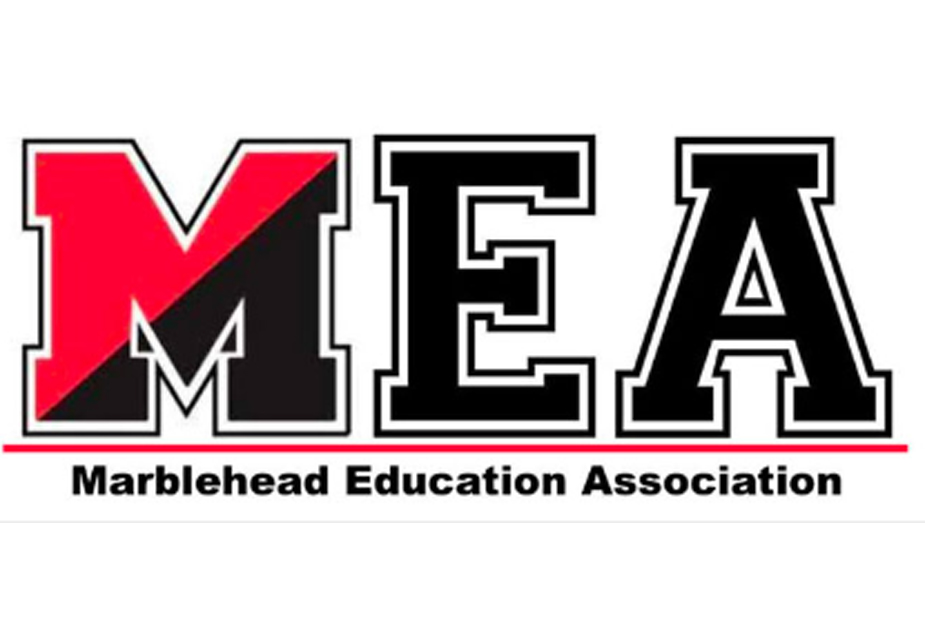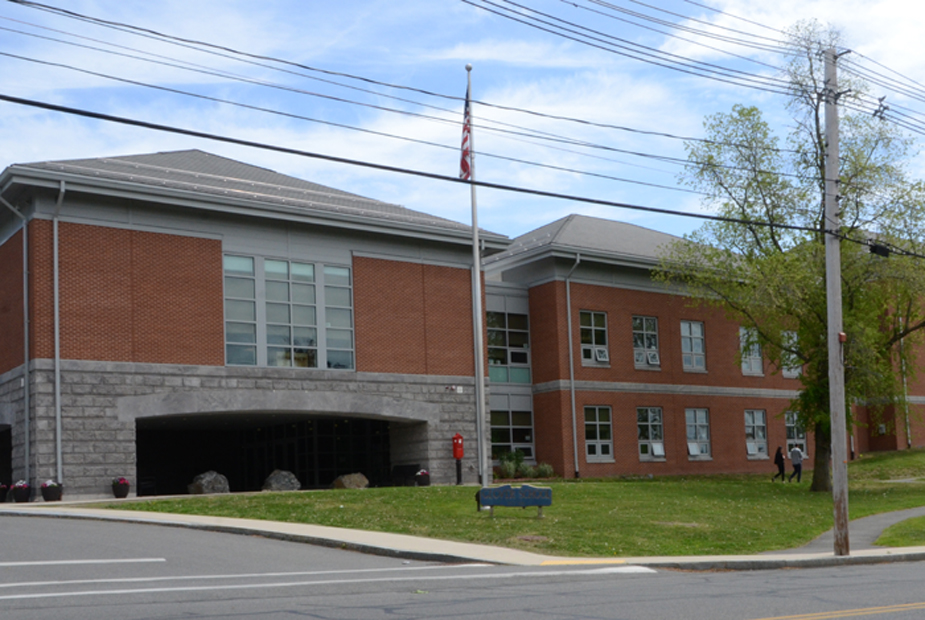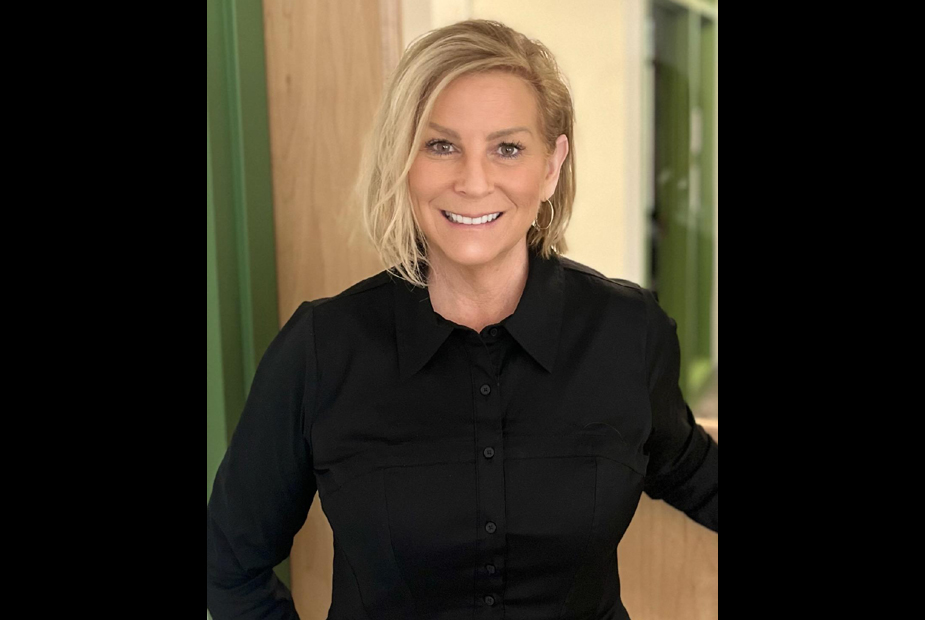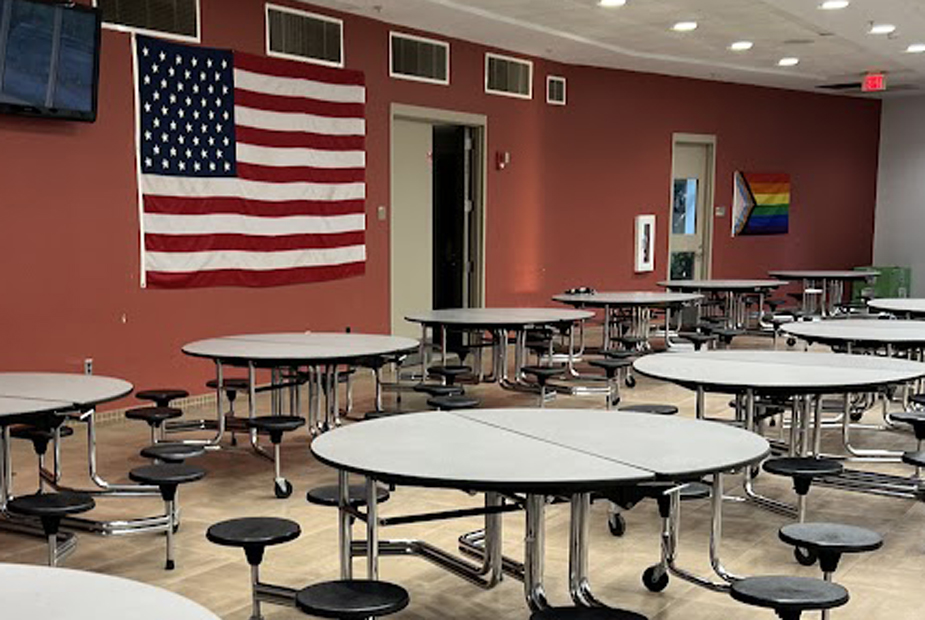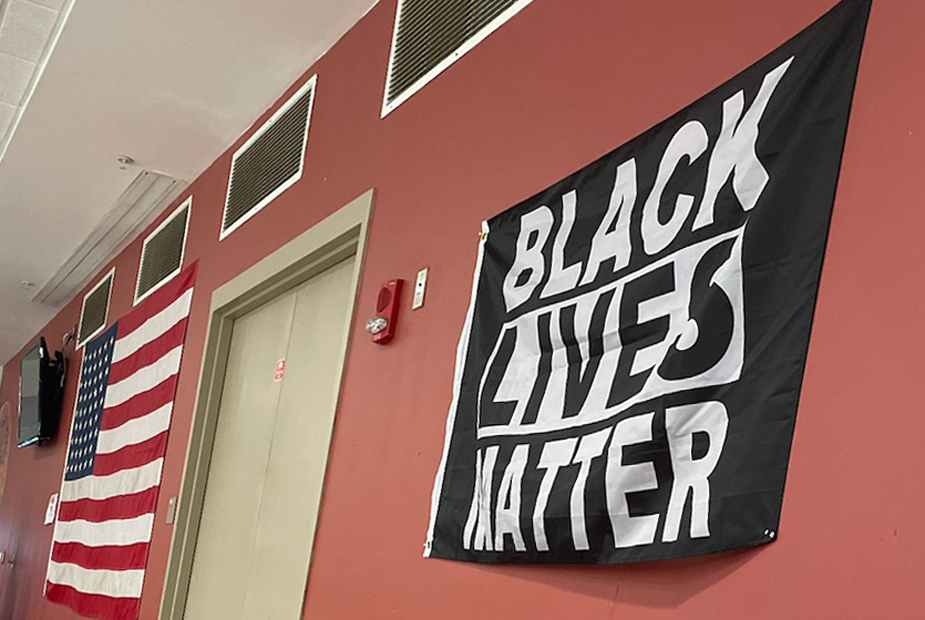Deanna Jackson: "Free, Appropriate Public Education” Important
(Marblehead Beacon’s Teacher Appreciation Week effort continues with the below profile.)
Ask multiple parents which grade of schooling is most critical for children, and no two answers will be the same. After sitting down to interview teacher Deanna Jackson, it is apparent that the pre-school years should certainly be in contention.
“By starting with the youngest students in the public school system,” says a parent who nominated Jackson for Marblehead Beacon’s Teacher Appreciation series, “Deanna has a unique opportunity to start these children on the path to success early on. Not only does she rise to meet the demands of these children, she approaches every child in a loving and open way. She has provided optimism and hope for families and truly believes in success. We are lucky to have her!”
A day in the life of the Brown School pre-school teacher (and mother of four) typically involves a morning meeting, arts and crafts projects, discussing emotions, outside playtime, and a host of other age-appropriate activities. While Jackson does strive to make every day joyful and lighthearted, it is not a zero-sum game involving only fun. Neither is it exclusively about academics. “Yeah, we learn the ABCs and about colors and shapes,” she says, “but what’s most important is that they learn how to be in a group setting.”
Work certainly goes home in backpacks, but Jackson says that “it’s not really about the end result.” Instead, “it’s about [things like] fine-motor skills, making choices, and learning to take turns speaking.” These skills, she believes, along with the joy experienced through classroom friendships, help lay the groundwork for success in kindergarten through high school – all while helping the students internalize the notion that school is a great place to be.
It is in the classroom’s daily meetings, says Jackson, that sometimes she becomes aware that a child is tired because she was up later than usual, or that a child is particularly excited about something happening at home. These details, she notes, help her navigate the day and be aware of each of her “littles” as individuals.
Jackson weaves academics into the three- and four-year-olds’ absorption of the “softer” skills encompassed in social-emotional learning. This can include how to work collaboratively in groups or independently on a project, and it can mean learning to socialize with and treat others kindly. “My classroom is an integrated classroom,” she says, with some students on Individual Education Plans (IEPs) and others not. “It is usually their first introduction to school,” Jackson says of her “babies,” as she sometimes calls them in our conversation. “And the integration model works really well because you have some – whether on an IEP or not – who really enjoy being social, and others who are learning to ask [whether they may] enter into play.” Integrating children with all sorts of disabilities and those without is incredibly successful, Jackson believes, because it teaches compassion and the ability to collaborate with people who are not necessarily identical in their interests or challenges.
Though a love of teaching has always been in Jackson’s blood, it manifested itself differently in her prior career. With a Bachelor’s of Fine Arts in dance, her earliest career moves centered on bringing dance to the very youngest of students up through high schoolers. She ran a dance studio for years, while also working with a non-profit organization to facilitate “interracial understanding through the art of dance,” she says. “I loved the philosophy of the organization,” Jackson explains, noting that her work involved bringing dance to children in Roxbury, Dorchester, and other parts of Boston that sometimes lacked such extras. At one point in her career, she was traveling to various daycares and preschools to offer gymnastics, creative movement, yoga, and dance programming to young children.
Following her work in the dance world – which at one point involved auditioning to be a Rockette – Jackson ran a home-based daycare for eleven years, which allowed her to be at home with her own children for some time. The experience running a daycare solidified her conviction that being part of the lives of young children had to be central to any future work she would do. A true believer in the notion of a “free, appropriate public education,” Jackson eventually decided to change course and enter the world of teaching public preschool. Though she still loved dance, Jackson opted to build on those skills and utilize an available grant to pursue her Masters degree at Gordon College. In 2016 she received her degree in early childhood education – for those with and without special needs – and began teaching in Medford, ultimately joining Marblehead Public Schools five years ago as a certified special education teacher.
“I end every day with my students doing music and movement,” Jackson says, thrilled that her career combines her two loves: dance and teaching.

